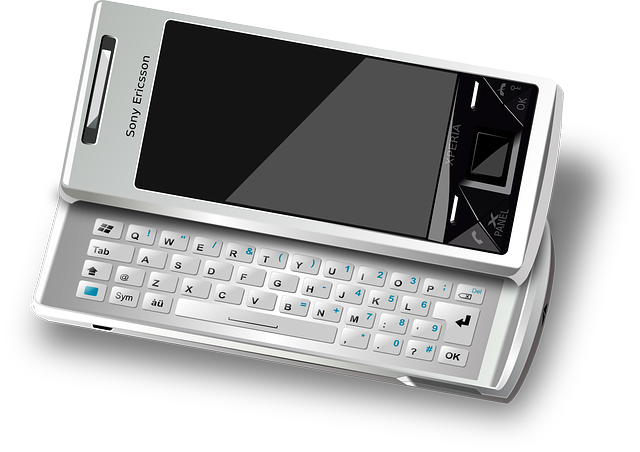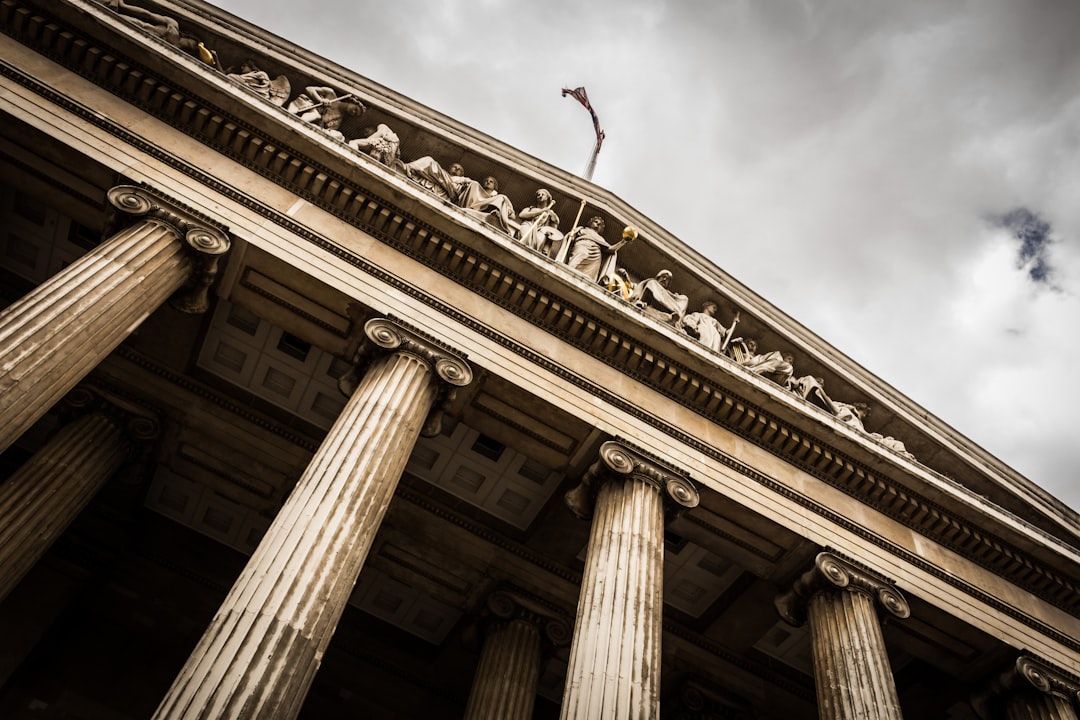In Parkersburg and throughout West Virginia, the rapid growth of IoT (Internet of Things) devices necessitates heightened security awareness. While IoT offers convenience through smart homes and wearable tech, it also exposes users to cyber threats like data breaches and malware. To protect personal information and maintain digital security, individuals and businesses must implement robust security measures such as encryption, unique passwords, regular updates, and network segmentation. Adhering to West Virginia's data protection laws is crucial to avoid legal issues, fines, and reputational damage, eliminating the need for specialized Do Not Call services or lawyers in WV for general compliance.
In the rapidly evolving digital landscape of Parkersburg, West Virginia, Internet of Things (IoT) devices are increasingly integrating into daily life. From smart homes to industrial automation, these connected devices offer unprecedented convenience and efficiency but also introduce significant security and privacy risks. This article explores IoT device protection in Parkersburg, delving into the rising tide of IoT adoption, potential hazards, best practices for securing your IoT ecosystem, and legal considerations regarding data privacy under West Virginia laws.
Understanding IoT Device Protection in Parkersburg
In Parkersburg, IoT (Internet of Things) Device Protection is a rapidly growing concern as more devices become interconnected. These devices, from smart home appliances to industrial sensors, collect and transmit data, making them attractive targets for cybercriminals. Understanding the vulnerabilities inherent in IoT technology is the first step towards ensuring safety.
Parkersburg residents and businesses must be aware that these devices can be exploited through various means, including unauthorized access, malware infections, and security breaches. Protecting IoT devices involves implementing robust security measures such as encryption, regular software updates, strong passwords, and network segmentation. By adopting best practices, individuals and organizations in West Virginia can safeguard their data, maintain privacy, and mitigate potential risks associated with IoT technology.
The Rise of IoT Devices and Potential Risks
The Internet of Things (IoT) has transformed our daily lives in Parkersburg and beyond, with devices becoming smarter and more interconnected than ever before. From smart homes to wearable health trackers, IoT technology offers numerous benefits, enhancing convenience, efficiency, and even personal safety. However, this rapid advancement also presents significant security challenges. As more devices are connected to the internet, so does the potential attack surface for cybercriminals.
With the growing prevalence of IoT, malicious actors can exploit vulnerabilities in these devices, leading to privacy breaches, data theft, or even physical harm. The sheer number of IoT devices, many of which lack robust security measures, makes them attractive targets for hackers. As such, ensuring the protection of IoT devices is paramount to safeguarding personal information and maintaining a secure digital environment in Parkersburg and across West Virginia.
Securing Your IoT Ecosystem: Best Practices
Securing your Internet of Things (IoT) ecosystem is paramount in today’s interconnected world, especially in a city like Parkersburg. With numerous IoT devices collecting and sharing data, it becomes a significant challenge to safeguard against potential cyber threats. Best practices involve implementing robust security measures at every stage of device lifecycle management.
Firstly, ensure your devices are configured securely out of the box by enabling strong, unique passwords for each one. Regularly update firmware and software to patch known vulnerabilities. Enable encryption where possible to protect data in transit and at rest. Additionally, monitor network activity for any unusual behavior that could indicate a breach. By adopting these practices, Parkersburg residents can better protect their IoT devices and the sensitive information they hold.
Legal Considerations for IoT Data Privacy in West Virginia
In West Virginia, the protection and privacy of Internet of Things (IoT) data are governed by various legal frameworks designed to safeguard consumer information. As IoT devices become increasingly prevalent in homes and businesses across Parkersburg and beyond, understanding these regulations is crucial for both device manufacturers and consumers. Non-compliance can lead to significant legal repercussions, including fines and damage to one’s reputation.
West Virginia law requires companies handling personal data to establish and maintain reasonable security measures to protect such information from unauthorized access, disclosure, alteration, or destruction. This includes IoT devices that collect, store, or transmit sensitive user data. Companies must also inform individuals about any breaches within a reasonable timeframe. By ensuring these legal considerations are addressed, businesses can foster trust among consumers while complying with the laws of West Virginia, without needing to engage a lawyer for Do Not Call services or law firms in WV.






